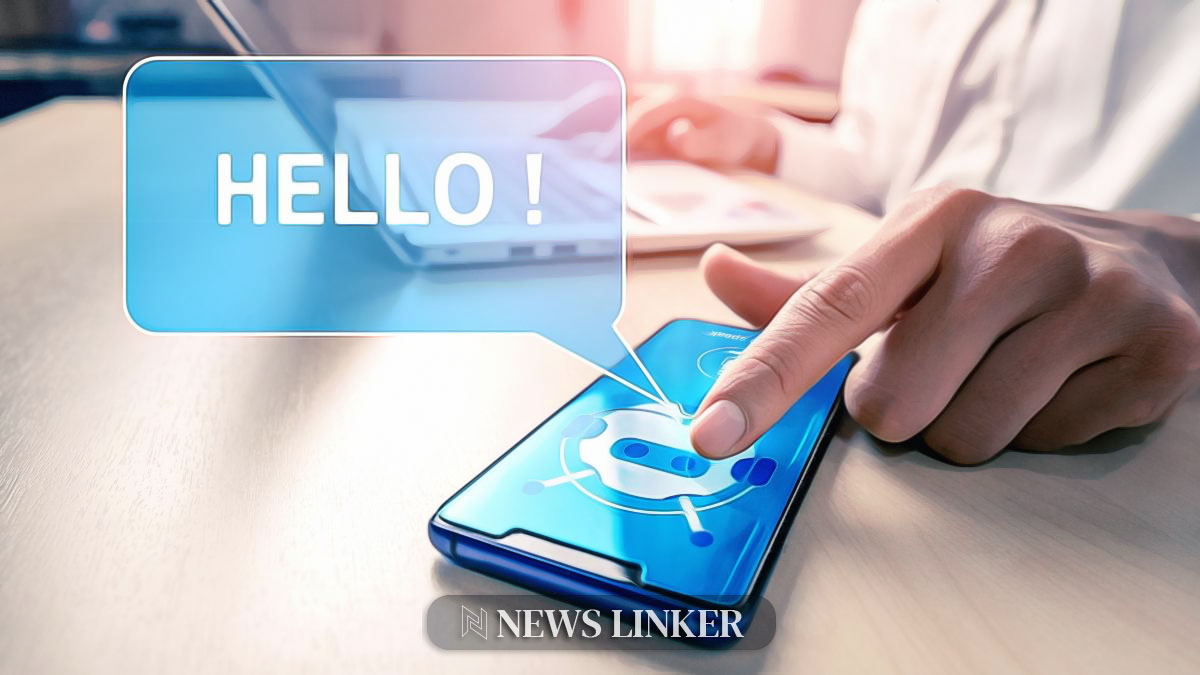March 7th marks a pivotal change for Apple’s iPhone in Europe, as the company is obliged to enable sideloading, facilitate third-party app stores, and allow alternative payment methods. This shift is in compliance with Europe’s Digital Markets Act (DMA), which aims to foster competition, protect user rights, and enhance overall user experience in the tech industry.
Spotify’s Anticipation and Critique
Developers like Spotify, a prominent critic of Apple’s App Store policies, are eager for these changes, envisioning a new landscape where they can offer their own app stores and payment systems. Spotify has publicly shared its expectations for the iPhone experience post-March, projecting a future that aligns with its business interests.
The Contentious Spotify Blog Post
Spotify’s blog post outlines a scenario that some iPhone users might find distressing: the possibility of sideloading apps and using third-party payment systems. While this vision aligns with Spotify’s objectives, it also diverges from the preferences of other iPhone users who may welcome these new capabilities.
However, Spotify’s aggressive stance is marred by misinformation. The company’s claims are speculative at best, as Apple has not yet detailed the implementation of sideloading in the EU. Furthermore, the accusations of falsehoods directed at Spotify suggest that their narrative may not be entirely trustworthy.
The critique seems to be a strategic marketing ploy, preemptively striking at Apple before any official announcements have been made. This approach has raised questions about the integrity of Spotify’s messaging to users and its competitive tactics.










